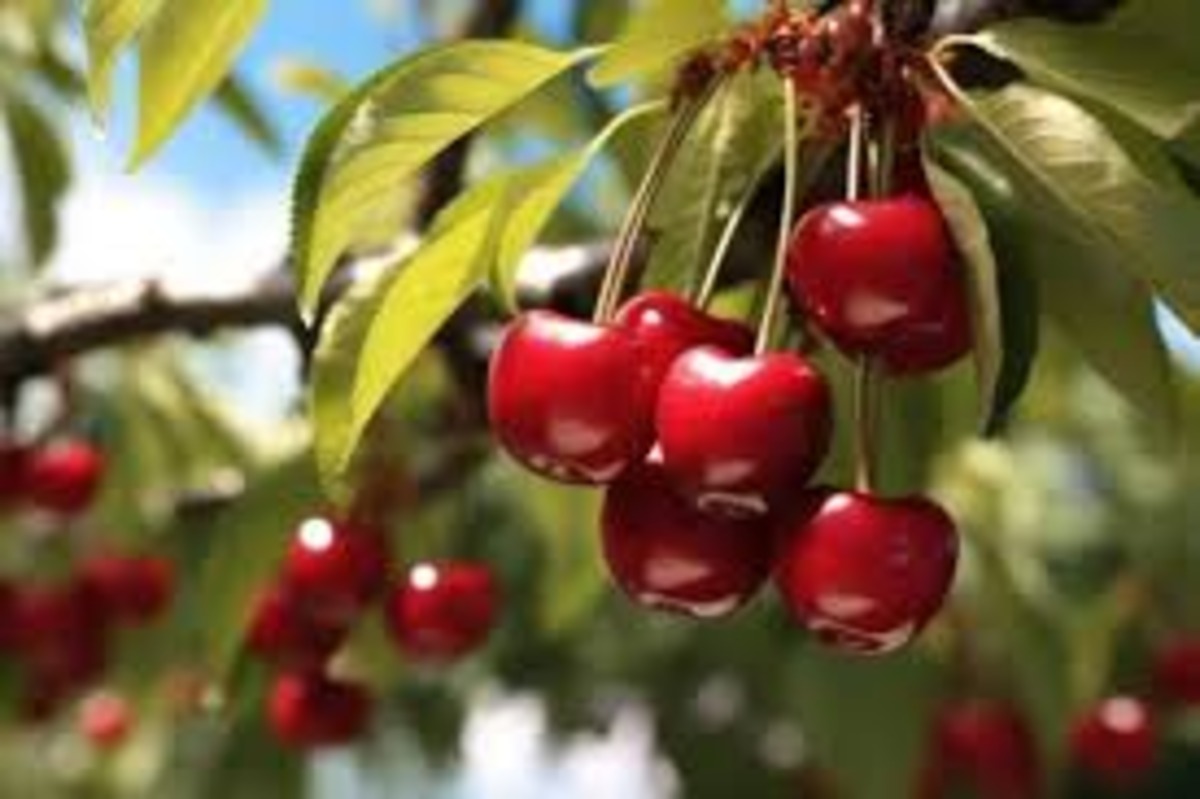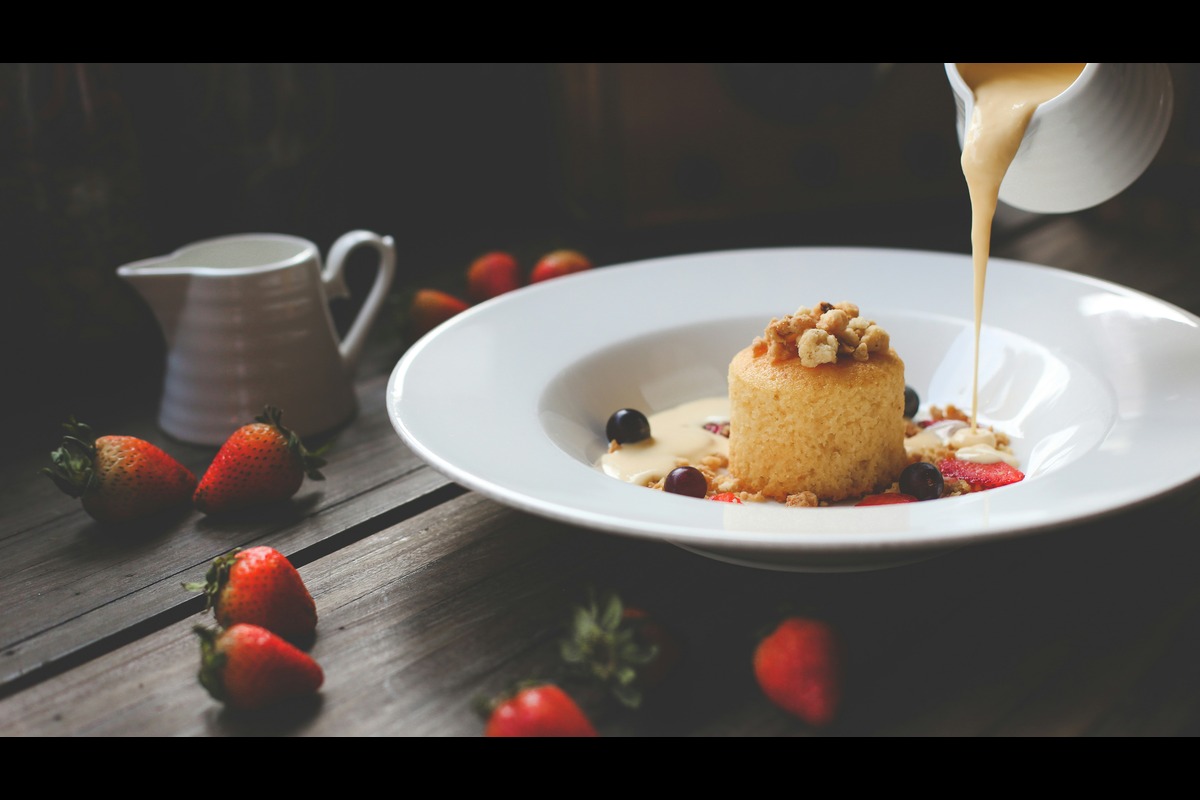Brouwer Fruit is a well-known name in the world of horticulture, particularly in the cherry sales business. Nestled in the heart of the Netherlands, this family-run enterprise has carved a niche for itself by delivering high-quality cherries to markets both locally and internationally. This article explores the rich history, cultivation practices, marketing strategies, and future prospects of Brouwer Fruit, with a particular focus on their cherry sales.
The History of Brouwer Fruit
Brouwer Fruit’s journey began several decades ago when the Brouwer family started cultivating fruit on their modest farm. Over the years, the farm expanded, and the family diversified their produce. However, it was cherries that became their specialty and primary focus. The decision to concentrate on cherries was driven by a combination of the favorable climate, suitable soil conditions, and a growing market demand for this delicious fruit.
The family’s commitment to quality and innovation has played a crucial role in their success. By adopting modern agricultural practices and investing in state-of-the-art technology, Brouwer Fruit has been able to enhance both the quality and yield of their cherry crops. This has allowed them to remain competitive in an ever-evolving market.
Cultivation Practices
Selection of Varieties
One of the key factors behind the success of Brouwer Fruit’s cherry sales is their careful selection of cherry varieties. They cultivate a range of varieties that are known for their taste, texture, and shelf life. These include early, mid-season, and late-harvest varieties, ensuring a steady supply of cherries throughout the season.
Soil and Climate
The Netherlands, with its temperate maritime climate, provides an ideal environment for cherry cultivation. The region experiences mild winters and cool summers, which are perfect for cherry trees. The well-drained, fertile soil in the area further enhances the growth and productivity of the trees.
Sustainable Farming Practices
Brouwer Fruit is committed to sustainable farming practices. They employ integrated pest management (IPM) techniques to minimize the use of chemical pesticides. This not only ensures the health and safety of their workers but also reduces the environmental impact of their operations. Additionally, they use organic fertilizers to enrich the soil and promote healthy plant growth.
Harvesting and Post-Harvest Handling
The harvesting process at Brouwer Fruit is meticulously planned to ensure that the cherries are picked at the peak of ripeness. This involves careful monitoring of the fruit’s color, size, and firmness. Once harvested, the cherries are quickly transported to their state-of-the-art packing facility. Here, they undergo sorting, grading, and packaging to meet the highest standards of quality.
Marketing Strategies
Brand Identity
Brouwer Fruit has developed a strong brand identity over the years. Their logo, packaging, and marketing materials emphasize the quality and freshness of their cherries. This branding strategy has helped them build a loyal customer base and distinguish themselves from competitors.
Local and International Markets
While the local market remains a significant part of their business, Brouwer Fruit has successfully expanded their reach to international markets. Their cherries are exported to several countries across Europe, Asia, and North America. This diversification has not only increased their revenue but also mitigated the risks associated with relying on a single market.
Direct-to-Consumer Sales
In recent years, Brouwer Fruit has embraced the direct-to-consumer sales model. They have set up an online store where customers can order fresh cherries directly from the farm. This not only provides convenience for consumers but also allows the company to capture a higher margin by bypassing intermediaries.
Participation in Trade Shows and Events
To promote their cherries and establish connections with potential buyers, Brouwer Fruit actively participates in trade shows and agricultural events. These platforms provide them with an opportunity to showcase their products, network with industry professionals, and stay updated on the latest market trends.
Challenges and Solutions
Climate Change
One of the major challenges faced by Brouwer Fruit, like many other agricultural businesses, is climate change. Unpredictable weather patterns and extreme temperatures can adversely affect cherry production. To mitigate these risks, the company has invested in climate-resilient infrastructure such as protective coverings and advanced irrigation systems.
Labor Shortages
The agricultural sector often faces labor shortages, especially during the peak harvest season. Brouwer Fruit addresses this issue by offering competitive wages and benefits to attract seasonal workers. Additionally, they have implemented mechanized harvesting techniques to reduce their reliance on manual labor.
Market Competition
The global cherry market is highly competitive, with producers from various countries vying for market share. Brouwer Fruit stays ahead of the competition by maintaining strict quality control measures and continuously improving their cultivation practices. Their focus on sustainable farming and premium quality also gives them an edge in markets that value ethical and high-quality produce.
Future Prospects
Expansion Plans
Looking ahead, Brouwer Fruit has ambitious plans for expansion. They aim to increase their cherry orchard acreage and invest in new varieties that are resistant to diseases and pests. This will not only boost their production capacity but also enhance the resilience of their crops.
Research and Development
Brouwer Fruit is committed to ongoing research and development. They collaborate with agricultural research institutions to stay at the forefront of innovation. This includes exploring new cultivation techniques, improving post-harvest handling methods, and developing value-added products such as cherry preserves and juices.
Sustainability Initiatives
Sustainability will continue to be a core focus for Brouwer Fruit. They plan to further reduce their environmental footprint by adopting more eco-friendly practices and technologies. This includes investing in renewable energy sources, implementing water conservation measures, and enhancing biodiversity on their farm.
Community Engagement
As a family-run business, Brouwer Fruit places a high value on community engagement. They actively participate in local initiatives and support community projects. This not only strengthens their ties with the local community but also reinforces their reputation as a socially responsible business.
Conclusion
Brouwer Fruit’s journey in the cherry sales business is a testament to their dedication, innovation, and commitment to quality. From their humble beginnings to becoming a renowned name in the horticulture industry, they have consistently demonstrated their ability to adapt and thrive in a competitive market. With a focus on sustainable practices, continuous improvement, and customer satisfaction, Brouwer Fruit is well-positioned for continued success in the future.
Their story serves as an inspiration to other agricultural enterprises, highlighting the importance of combining traditional farming values with modern technology and sustainable practices. As they continue to grow and evolve, Brouwer Fruit remains a shining example of excellence in the cherry sales business.











